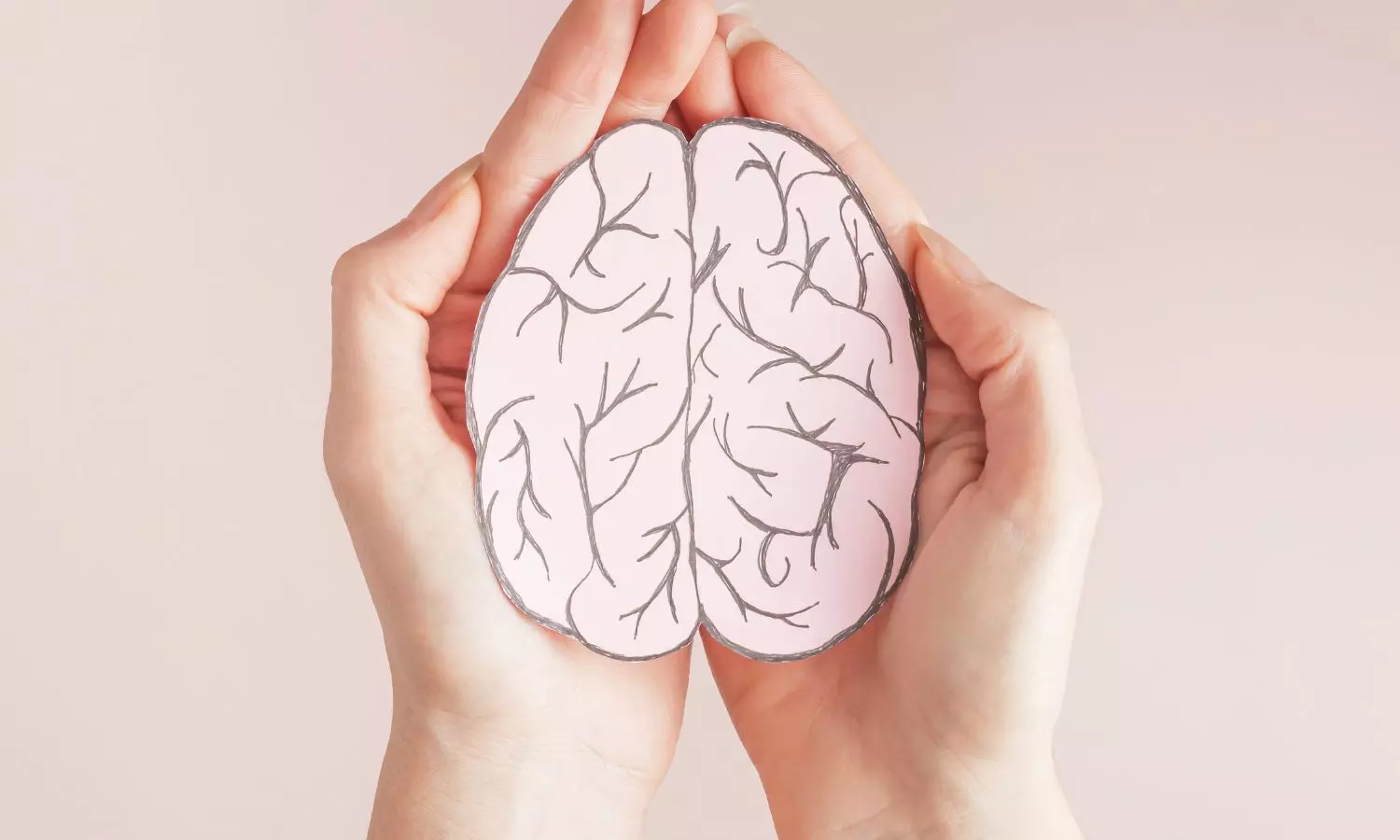India Strengthens Mental Health Support Through Ayushman Bharat

New Delhi : Mental health continues to be a global concern, and India has made remarkable progress through initiatives such as Tele MANAS and the National Mental Health Programme.
However, experts emphasize that creating a mentally healthier society requires greater awareness, workforce training, and investment in digital mental health solutions, according to recent government data.
The National Mental Health Survey (NMHS) 2015–16 conducted by NIMHANS found that about 10.6 percent of Indian adults, or roughly 11 out of every 100 adults, live with a diagnosable mental health disorder.
A 2019 study by NIMHANS revealed that mental health issues are more prevalent among women (20 percent) compared to men (10 percent). Women are found to be particularly more prone to depression, anxiety, and somatic symptoms.
The rising rate of suicides in India remains a serious concern. As per the 2023 National Crime Records Bureau (NCRB) report Accidental Deaths and Suicides in India, the country recorded 171,418 suicides in 2023.
The report also highlighted a gender gap in suicide statistics, with men accounting for 72.8 percent of cases and women 27.2 percent.
Recognizing the critical role of mental health in overall well-being, India has integrated mental health services into primary healthcare through Ayushman Arogya Mandirs under the Ayushman Bharat initiative.
Over 1.75 lakh Sub-Health Centres (SHCs) and Primary Health Centres (PHCs) have been upgraded into Ayushman Arogya Mandirs, ensuring accessible mental health care at the community level.
Through Ayushman Bharat PM-JAY, mental health conditions are now covered under a Rs 5 lakh per family annual insurance. Between FY 2021–22 and FY 2023–24, over 1.35 lakh hospital admissions related to mental health, amounting to Rs 120.19 crore, were authorized under the scheme.
During the COVID-19 pandemic, the Ministry of Health and Family Welfare launched a 24/7 national helpline (080-4611 0007) to offer psychosocial support and counseling for individuals experiencing stress, anxiety, and other mental health challenges.
India’s growing focus on accessible, affordable, and integrated mental healthcare reflects a strong commitment to supporting emotional well-being and building a healthier, more resilient society.


